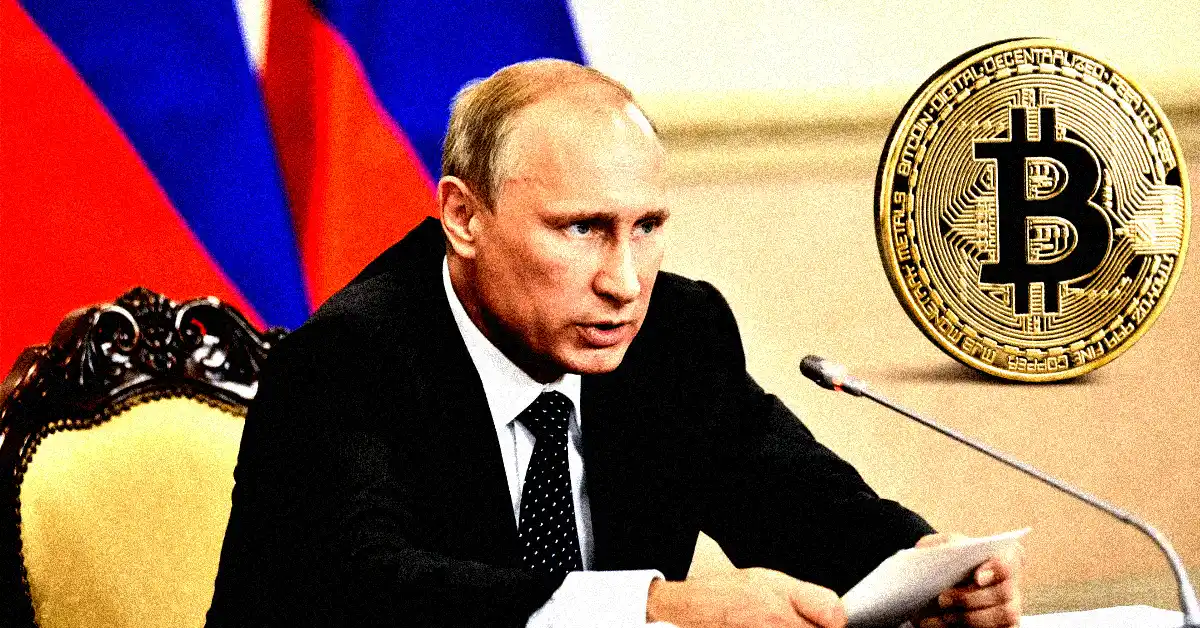
In a significant pivot, Russia is turning its attention to Bitcoin and other digital currencies as it navigates the turbulent waters of international sanctions and disrupted trade routes. This strategic move is not merely about embracing technological innovation; it’s a critical survival tactic. With traditional payment systems under pressure from sanctions, Russia is determined to maintain its trade activities, irrespective of the challenges.
Understanding Russia’s Cryptocurrency Strategy
In a bold legislative move in July, Russia enacted a pivotal law that legalizes the use of cryptocurrencies for international payments. This development marks a substantial shift in economic strategy. The primary objective is to bypass sanctions and ensure the continuity of trade with strategic partners like China and Turkey. According to Finance Minister Anton Siluanov, this initiative is not just theoretical; Russian companies are actively utilizing Bitcoin to finalize transactions.
Interestingly, Russia is not alone in this endeavor. Iran has been leveraging mined Bitcoin to combat sanctions for several years. By adopting a similar approach, Russia hopes that digital currencies can offer the much-needed flexibility to maneuver through its economic constraints. Officials are even forecasting a surge in cryptocurrency demand in the coming year as more businesses incorporate these digital assets into their operations.
However, the focus is not solely on Bitcoin. President Vladimir Putin has expressed support for the digital ruble, a blockchain-based iteration of the national currency. Although described as “experimental,” Putin views it as an essential step towards modernizing Russia’s financial infrastructure. Concurrently, there are calls for regulating the burgeoning mining farms, which, while thriving, are contributing to power shortages in certain areas.
Limitations and Domestic Concerns
Despite this outward embrace of cryptocurrencies for international trade, Russia remains cautious about domestic utilization. Bitcoin and other digital currencies are not permitted for everyday transactions within the country. You won’t be buying coffee with Bitcoin in Moscow anytime soon, as the Central Bank maintains its restrictive stance due to concerns about potential fraud and unchecked energy consumption.
Nevertheless, the government is actively working on establishing a regulatory framework for the cryptocurrency sector. Discussions are underway about creating a Bitcoin reserve specifically to bolster foreign trade, highlighting a careful strategy to integrate crypto benefits while mitigating domestic disruptions.
Future Prospects and Implications
This strategic shift is only the beginning of Russia’s journey into the world of digital currencies. By investing in cryptocurrencies, Russia aims to extricate itself from a global financial system it perceives as adversarial. Whether this gamble will pay off remains to be seen, but one thing is clear: digital currencies are increasingly influencing global trade dynamics. For nations like Russia, these digital assets are not merely experimental tools; they represent a vital economic lifeline.
“`






